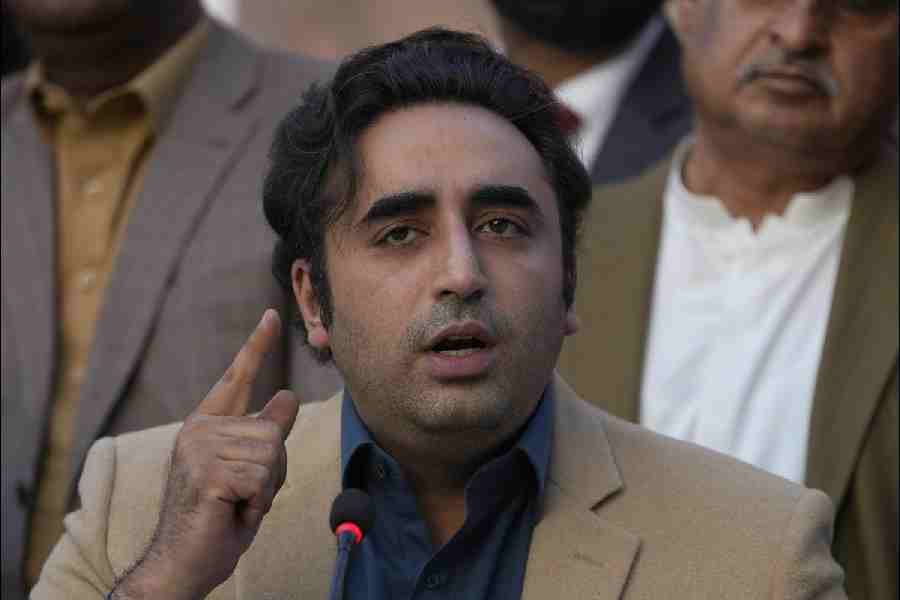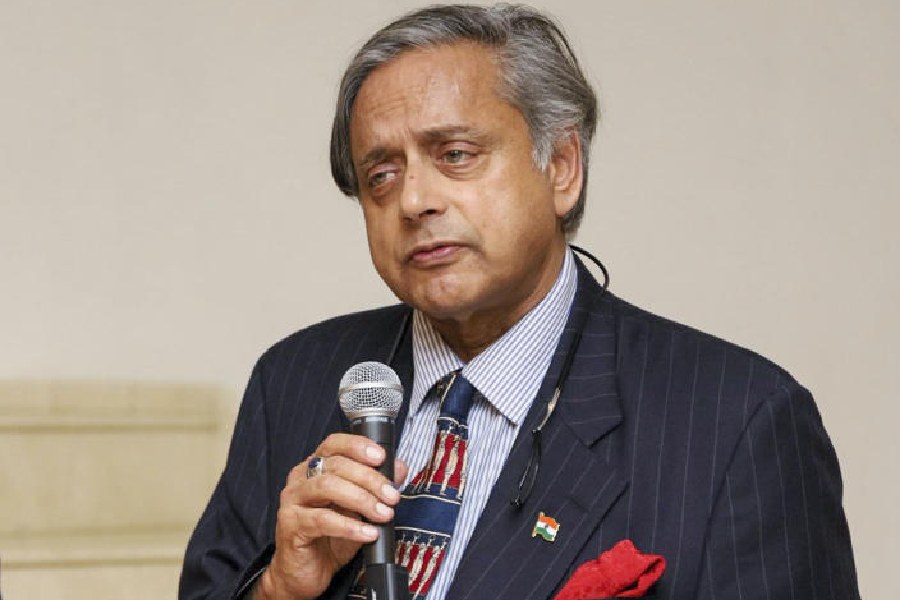PPP chairman and former foreign minister Bilawal Bhutto-Zardari has said that cooperation between Pakistan and India’s intelligence agencies could significantly reduce terrorism in South Asia.
The Pakistan Peoples Party (PPP) chairman, who is currently leading a high-powered delegation to the US as part of a global diplomatic push to seek support following its recent conflict with India, was speaking at a press conference at UN Headquarters on Tuesday, the Dawn newspaper reported.
“I am completely confident that if ISI and RAW were ready to sit down and work together to fight these forces, we would see a significant decrease in terrorism in both India and Pakistan,” Bhutto-Zardari was quoted as saying by the newspaper on Wednesday.
He also urged the global community to remain engaged in South Asia, warning that the risk of conflict between nuclear-armed neighbours had grown, not diminished, after the recent ceasefire.
“With the intervention of the international community — and I would like to mention particularly the role played by the US President Donald Trump and his team led by Secretary of State Marco Rubio — we did manage to achieve a ceasefire between India and Pakistan. This is a welcome first step, but it’s only a first step,” Bhutto-Zardari said.
Tensions between India and Pakistan escalated after the April 22 Pahalgam terror attack, with India carrying out precision strikes on terror infrastructure in Pakistan and Pakistan-occupied Kashmir in the early hours of May 7.
Pakistan attempted to attack Indian military bases on May 8, 9, and 10. The Indian side responded strongly to the Pakistani actions.
The on-ground hostilities ended with an understanding of stopping the military actions following talks between the directors general of military operations of both sides on May 10.
Trump claims that the US has stopped India and Pakistan from fighting.
However, India has been consistently maintaining that the understanding on cessation of hostilities with Pakistan was reached following direct talks between the Directors General of Military Operations (DGMOs) of the two militaries.
Bhutto-Zardari emphasised that diplomacy and dialogue were the only “viable path to peace,” and reiterated Pakistan's willingness to engage in a broad dialogue with India — including cooperation on counterterrorism.
“Pakistan would still like to cooperate with India to combat terrorism. We can’t leave the fate of 1.5 billion, 1.7 billion people in the hands of non-state actors and terrorists... For them to decide, at a whim, that (when these) two nuclear-armed powers will go to war,” he said.
Referring to India, the PPP leader said "linking any terrorist attack in the region to the threat of war with Pakistan" is "untenable". “You can’t have no dispute resolution mechanisms between two nuclear-armed countries,” he said.
He proposed the establishment of a mutually agreed platform where both sides could raise complaints, investigate terrorist incidents jointly, and work together to ensure accountability.
Reiterating Pakistan's stance on India's move to suspend the Indus Waters Treaty (IWT), Bhutto-Zardari said it is an attempt to “weaponise water”.
Following the Pahalgam terror attack that killed 26 people, New Delhi, among other punitive actions, announced the suspension of the 1960 IWT accord, which governs water sharing between India and Pakistan.
“The mere threat to cut off the water supply of 200 million people is a violation of the UN Charter. Acting on this threat will be seen as an act of war by Pakistan,” Bhutto-Zardari said.
Earlier, the Pakistani delegation met with UN Secretary-General Antonio Guterres and the President of the UN Security Council, Ambassador Carolyn Rodrigues-Birkett of Guyana, in New York, the Dawn reported.
Except for the headline, this story has not been edited by The Telegraph Online staff and has been published from a syndicated feed.












